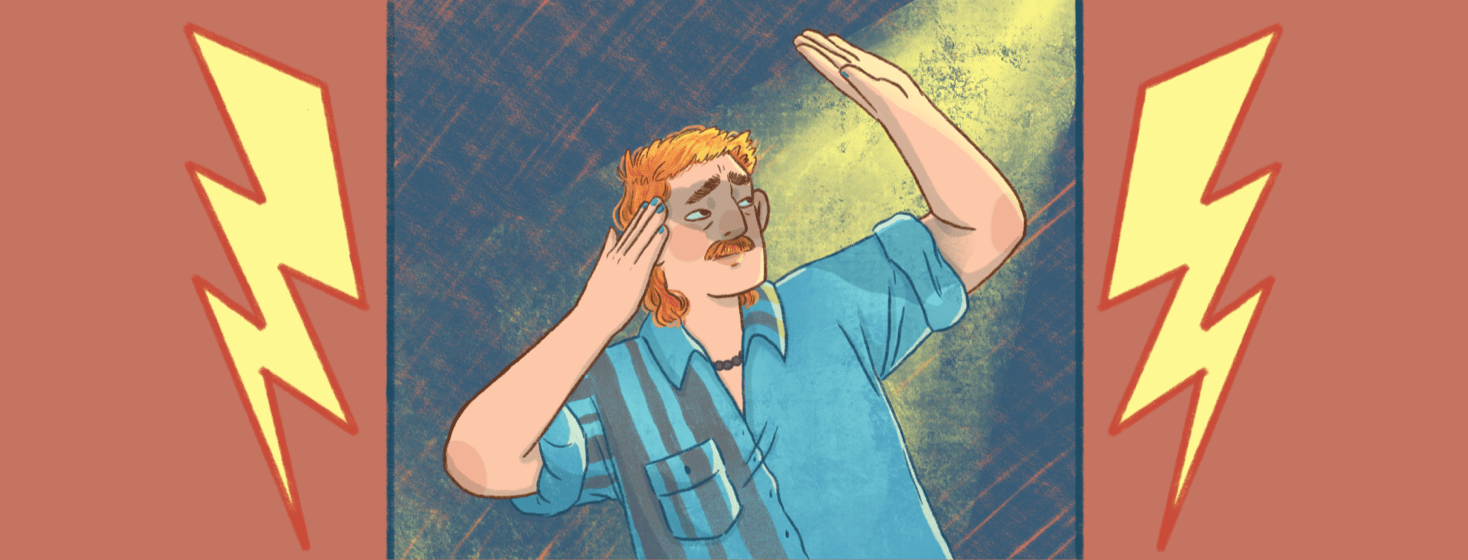What Are The Interictal Burdens of Migraine Disease?
In my experience, migraine has confirmed what a complex neurological disease it can be. I suffer from chronic migraine, and as with many others, the condition began as episodic and progressed over time.
What has my experience with migraine been?
Early acknowledgment and treatment would have helped me better manage the disease, but I failed to recognize what affected my life. I treated it as just a nasty headache. Over time I learned more about it and took action because the attacks were impacting my life more. After becoming chronic, I had no choice but to acknowledge the attacks and lingering symptoms between them.
Featured Forum
View all responsesWhat is the interictal phase?
Migraine has different phases as the episode progresses, and the space between attacks is referred to as the interictal phase. This interictal phase is where the burdens live for me.
What is my interictal phase like?
According to Merriam-Webster, interictal means occurring between seizures (as of epilepsy).1 One of the many medications I was prescribed to help manage my attacks was gabapentin, an anti-seizure drug. The interictal phase for me has never been quiet, but for others, it is a time of respite. My body has been notoriously resistant to treatments for migraine. While I have found combination therapies to reduce the pain piece of my attacks, the other symptoms are primarily unrelenting. Some of my interictal burdens are allodynia, photophobia, phonophobia, hypersensitivity, and the visual/vestibular aspects of the attack cycle. I can manage some of these with a bit of creativity, thankfully. I also consider anxiety and depression as interictal burdens. Anxiety and depression are joined at the hip in my migraine attack cycles.
How is my depression related?
Depression was the more dominant feature when I became chronic. I struggled daily to push through attacks, and the treatment options failed me consistently. Feeling like I was in a hole that I was never going to be able to climb out of was awful. This disease dominated my life, and that reinforced my depressive disorder. Fortunately, as new treatment options and combinations became available, I could better manage the attacks. There was once again light at the end of the tunnel!
How is my anxiety related?
At that point, anxiety started to take hold of me. I had never experienced anxiety until I started to dread the next attack. Having days with lower pain was becoming more regular, but during those times, my brain would go into overdrive. I was thinking about the next attack. How bad would the pain be? How many days would it last? What was I going to do about work and family obligations? My head was spinning during the times I should have been celebrating the little bits of relief I was getting. It took time, patience, and perseverance to manage these aspects of migraine. I found biofeedback, mindfulness, and meditation helped to calm my mind. I still use them daily.
How do I manage the phase between attacks?
Do I still suffer from interictal burdens? Yes, but I have learned and developed skills that help me manage daily. I have many bad days, but I also have good days. I have an excellent team of treating doctors and specialists. It took time to get to where I am now. I have educated family and close friends, so I have their support. I also have this community! We all have different experiences and challenges, but leaning on each other for help here is a great asset.
What burdens do you carry in the space between your migraine attacks? Let’s explore them in the comments.

Join the conversation